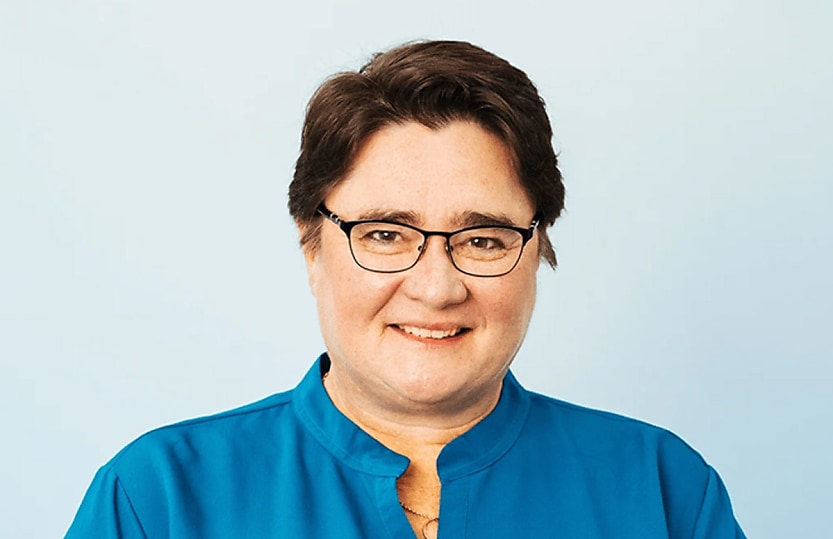SMSFs warned against making rash decisions on Div 296 ahead of 30 June

Most SMSF members won't need to do anything before the end of the financial year and may want to wait longer before taking action, according to an SMSF specialist.
Heffron managing director Mag Heffron has cautioned SMSF members about making major changes with their super with many worried about the impact of the new tax which will apply from the 2025-26 financial year onwards.
The tax will broadly impact those who at the end of the relevant financial year have a total superannuation balance greater than $3,000,000. Division 296 tax will be levied on the earnings that arise from the portion of their super that exceeds the $3 million threshold.
Given the calculation of the tax is based on the movement of the total super balance over the course of a financial year, Meg Heffron warned that some trustees may look to make major decisions about the money in their super fund before 30 June this year.
Heffron explained that Division 296 is a highly contentious tax due to the calculation that the government has adopted, which means there's been considerable noise around the measure.
"I think because there's been so much noise about this highly contentious tax, people are then almost tricked into having a false sense of urgency," she said.
"That means they may end up taking actions which they can't reverse quickly, rather than taking another year to decide exactly what they want to do.
"For many people, I don't think they should be rushing into anything right now."
Heffron explained that there were a wide range of considerations with weighing up whether to pull money out of the super fund and potentially transferring it to other structures.
"What they'll want to do is weigh up the cost of selling assets with the benefits of having the money outside of super," she said.
"Even if they decide in the long term that they don't want to pay Division 296 tax, they may still take a staged approach to taking money out of super, just to manage the capital gains tax cost."
SMSF members transferring money or assets out of super will also have other costs to consider, she explained.
"[For example], people who are transferring properties may have to pay stamp duty to get them out," she said.
Thinking about the tax treatment of the money once it's outside of super is also critical, she stressed.
"If they're going to move wealth into their own name and just have it taxed in their own name, they may end up finding that they pay a lot more tax personally than they have in the past," she said.
"If they're looking at structures, it'll be important to look at all of the taxes that potentially apply in those structures."
It is also important that SMSF trustees consider how any of these changes might affect their estate planning.
"If all of their estate planning has been done on the basis that a lot of money is in super and now it's going to be somewhere else, that might impact things like their will," she said.
"They'll need to think carefully about whether their their will still gives them the result they wanted in terms of the right people inheriting their wealth."
Meg Heffron will be covering further details about how the Division 296 tax is intended to work, which clients are at risk and important considerations at her upcoming session at the ACE25 Accountants Daily Conference and Exhibition next week.
About the author

